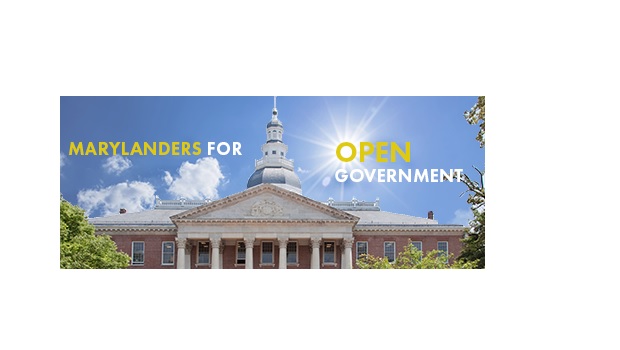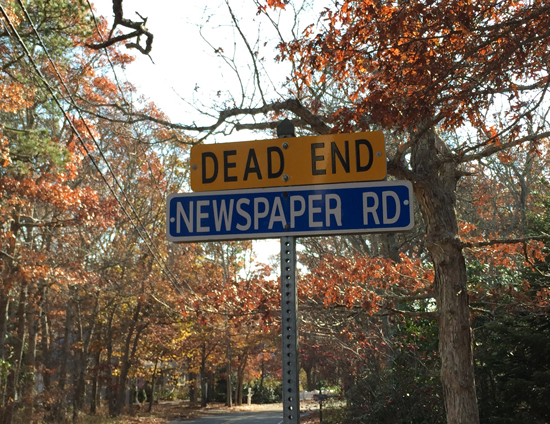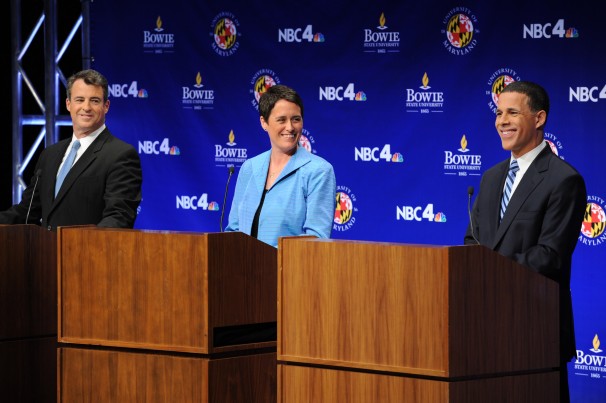By MarylandReporter.com
Major changes are in the works for getting public records from state and local governments in Maryland designed to make the process easier, more uniform and less expensive.
In a unanimous vote, a Senate committee brought legislation to the floor Monday night that will create a new Public Information Act Compliance Board to oversee fees. It will also establish that those fees must be actual costs to assemble the records — with the first two hours free — and create a new ombudsman in the office of the Attorney General to mediate and offer guidance to all government agencies about requests for public records.
The legislation, SB695, was a response to persistent complaints and horror stories of government agencies failing to comply with Public Information Act requests and overcharging for the requested documents or files.
The bill was backed by a broad coalition of nonprofits, good government groups, media and advocacy groups under the umbrella of Marylanders for Open Government.
In December, the Maryland-Delaware-D.C. Press Association reported on a survey of 134 local governments about their PIA practices. A quarter of them never responded to the request for this information under the Public Information Act.
The survey found no consistent charges for copies, no consistent charges for search time, ranging from $12.75 per hour to $50 per hour, and no consistency on when the fees would be waived in the public interest.
Other witnesses, from AFSCME to the ACLU, described cases in which there were attempts to charge them thousands of dollars for what they considered simple requests.
“This bill represents a big step forward for Maryland and for good government,” said Jennifer Bevan-Dangel, executive director of Common Cause.
“Journalists need access to public records and information to tell their stories and hold the government accountable,” said Rebecca Snyder, executive director of the press association. “This legislation will help us do our jobs more effectively, and help us inform Marylanders about their government.”
The bill closes loopholes in exemptions to the law by setting clear timelines and requiring that agencies that deny requests explain how the harm in disclosing information would outweigh the public interest.
The committee removed a section of the original bill that applied only to agriculture, and it also removed fines that the compliance board could impose.
The section on the ombudsman was added at the suggestion of Attorney General Brian Frosh, who supports the legislation. The ombudsman would be an attorney.







Recent Comments